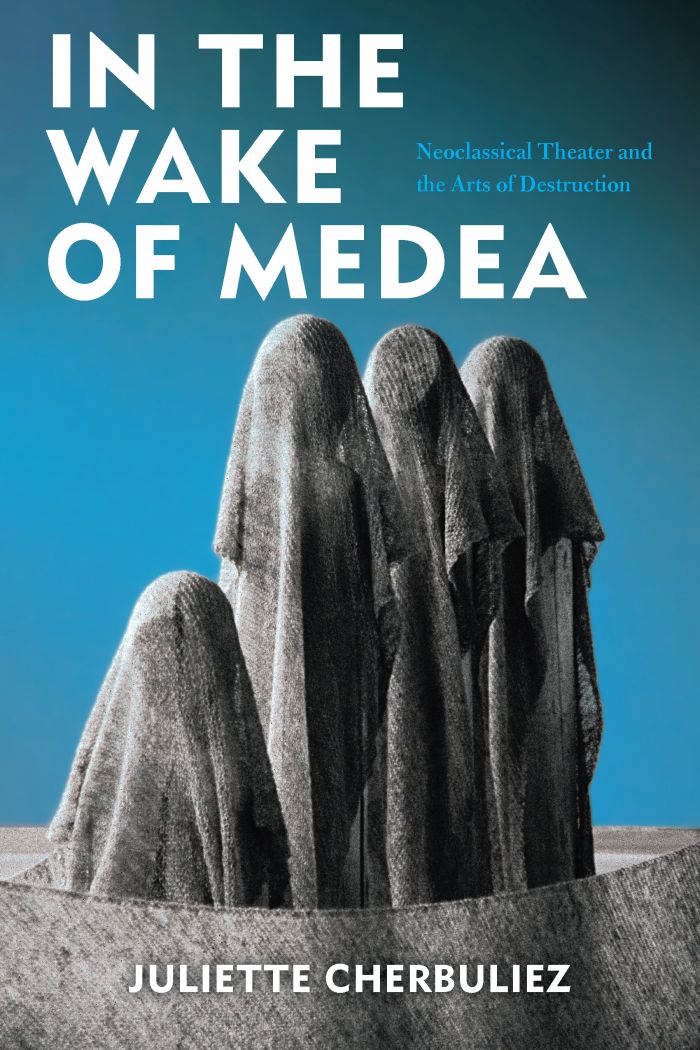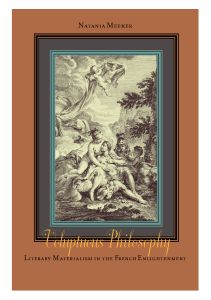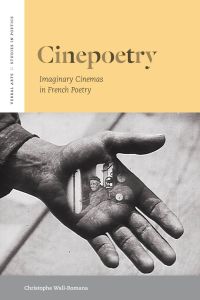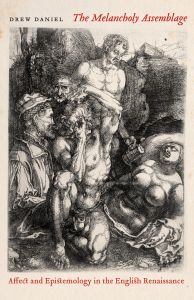In the Wake of Medea
Neoclassical Theater and the Arts of Destruction

This book can be opened with

In the Wake of Medea examines the violence of seventeenth-century French political dramas. French tragedy has traditionally been taken to be a passionless, cerebral genre that refused all forms of violence. This book explores the rhetorical, literary, and performance strategies through which violence persists, contextualizing it in a longer literary and philosophical history from Ovid to Pasolini.
The mythological figure of Medea, foreigner who massacres her brother, murders kings, burns down Corinth, and kills her own children, exemplifies the persistence of violence in literature and art. A refugee who is welcomed yet feared, who confirms the social while threatening its integrity, Medea offers an alternative to western philosophy’s ethical paradigm of Antigone. The Medean presence, Cherbuliez shows, offers a model of radically persistent and disruptive outsiderness, both for classical theater and for its wake in literary theory.
In the Wake of Medea explores a range of artistic strategies integrating violence into drama, from rhetorical devices like ekphrasis to dramaturgical mechanisms like machinery, all of which involve temporal disruption. The full range of this Medean presence is explored in treatments of the character Medea and in works figuratively invoking a Medean presence, from the well-known tragedies of Racine and Corneille through a range of other neoclassical political theater, including spectacular machine plays, Neo-Stoic parables, didactic Christian theater. In the Wake of Medea recognizes the violence within these tragedies to explain why violence remains so integral to literature and arts today.
“Cherbuliez’s attention to the psychopolitical resonance of theatrical materiality is a thrill. This gripping account will appeal to readers unfamiliar with French tragedy but interested in its wider implications.”—Katherine Ibbett, University of Oxford
“In the Wake of Medea considers how violence shapes a panoply of major and minor works in the classical canon. Using Corneille’s Médée as a template, then working with authors diverse as Rotrou and Fontenelle, Juliette Cherbuliez sorts through conflicted expression of incertitude, anger and contrition. Written with force and elegance, this timely study unsettles and inspires”—Tom Conley, Harvard University
This book does not limit itself to reexamining the role of violence in French neo-classical theater, but also presents a fascinating means through which to examine the patterns of Medean violence in diverse art forms. Violence, she argues, serves a plurality of functions which all resist a uniformly moralistic purpose. Scholars of other disciplines such as performance studies, film studies, and gender studies will also benefit from the multidisciplinary and trans-historical study engaged here.—French Review
A Note on Translations and Names | ix
Introduction: Coming after Violence in Literature | 1
Medea, a Manifesto | 37
1. Surface Selves: Médée, 1634 | 53
2. The Medean Presence: Violence Unmade and Remade | 94
3. Staying Power: Performing the Present Moment of Tragedy | 120
4. Flying toward Futurity: Spectacularity and Suspension | 143
5. Medea Overlived: The Future of Catastrophe | 174
Epilogue: The Cosmopolitics of Literature | 199
Acknowledgments | 207
Notes | 209
Bibliography | 227
Index | 239





